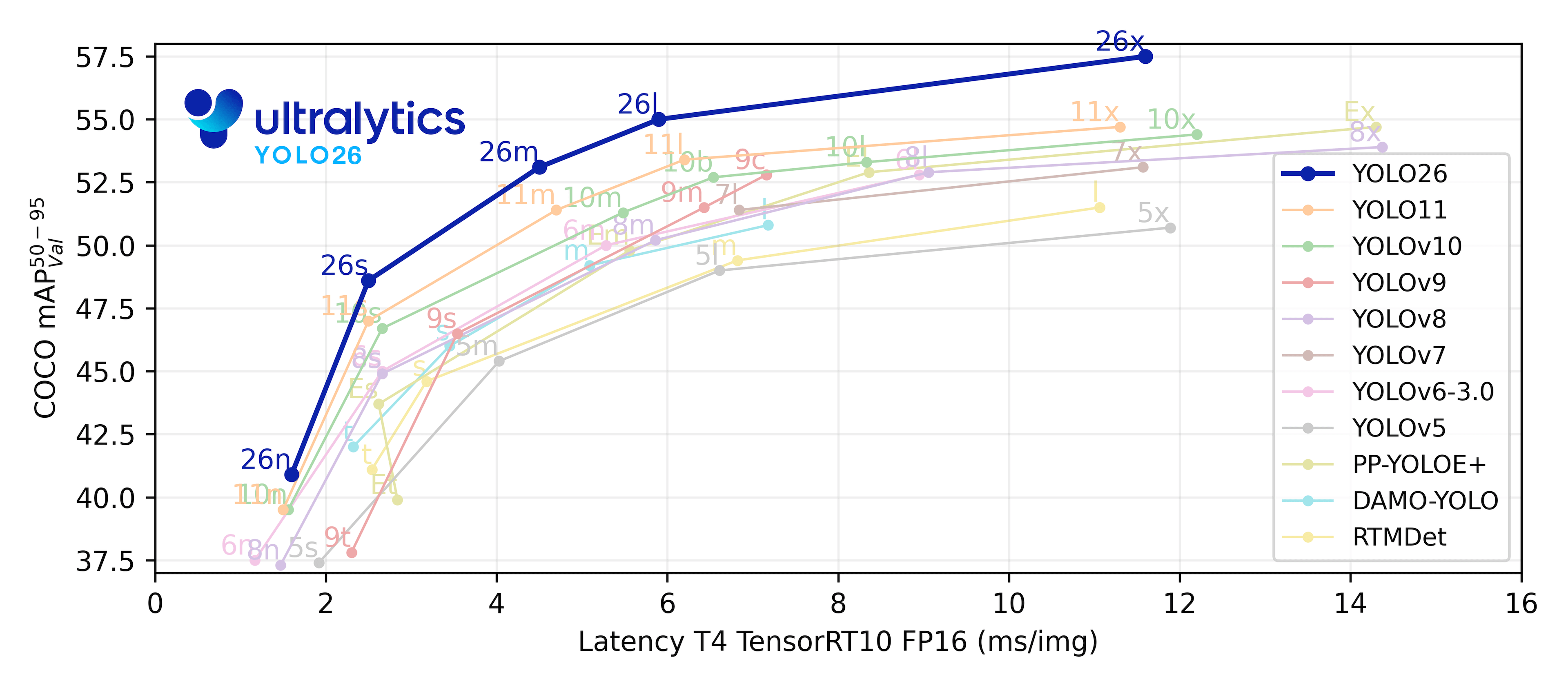This repository serves as a template for object detection using YOLOv8 and FastAPI. With YOLOv8, you get a popular real-time object detection model and with FastAPI, you get a modern, fast (high-performance) web framework for building APIs. The project also includes Docker, a platform for easily building, shipping, and running distributed applications.
Here's a sample of what you can expect to see with this project:

- YOLOv8: A popular real-time object detection model
- FastAPI: A modern, fast (high-performance) web framework for building APIs
- Docker: A platform for easily building, shipping, and running distributed applications
You have two options to start the application: using Docker or locally on your machine.
Start the application with the following command:
docker-compose up
To start the application locally, follow these steps:
- Install the required packages:
pip install -r requirements.txt
- Start the application:
uvicorn main:app --reload --host 0.0.0.0 --port 8001
Note: You can change the address and port in the file docker-compose.yaml
Ready to start your object detection journey with YOLOv8-FastAPI? 🚀
The following code demonstrates how to perform object detection and receive the results in JSON format:
import requests
input_image_name = 'test_image.jpg'
api_host = 'http://0.0.0.0:8001/'
type_rq = 'img_object_detection_to_json'
files = {'file': open(input_image_name, 'rb')}
response = requests.post(api_host+type_rq, files=files)
data = response.json()
print(data)Output:
{'detect_objects': [{'name': 'cat', 'confidence': 0.926225245}, {'name': 'dog', 'confidence': 0.9109069705}], 'detect_objects_names': 'cat, dog'}
The following code demonstrates how to perform object detection and receive the results in image format.
import requests
from PIL import Image
from io import BytesIO
import matplotlib.pyplot as plt
input_image_name = 'test_image.jpg'
api_host = 'http://0.0.0.0:8001/'
type_rq = 'img_object_detection_to_img'
files = {'file': open(input_image_name, 'rb')}
response = requests.post(api_host+type_rq, files=files)
img = Image.open(BytesIO(response.content))
plt.imshow(img)This repository contains functional tests for a program to ensure the proper operation of the service.
To get started with the testing process, you first need to set up the necessary environment. This can be achieved by either installing the required packages or by running the Docker container.
Run the following command to install the necessary packages:
pip install -r requirements.txt
Alternatively, you can also run the tests inside a Docker container. To do so, follow these steps: Start the Docker container:
docker-compose up
Find the container ID:
docker ps
Connect inside the container:
docker exec -it {CONTAINER_ID}
Once you have set up the environment, navigate to the program directory and run the tests using the following command:
pytest -v --disable-warnings
If all tests pass successfully, you will see the following result:



